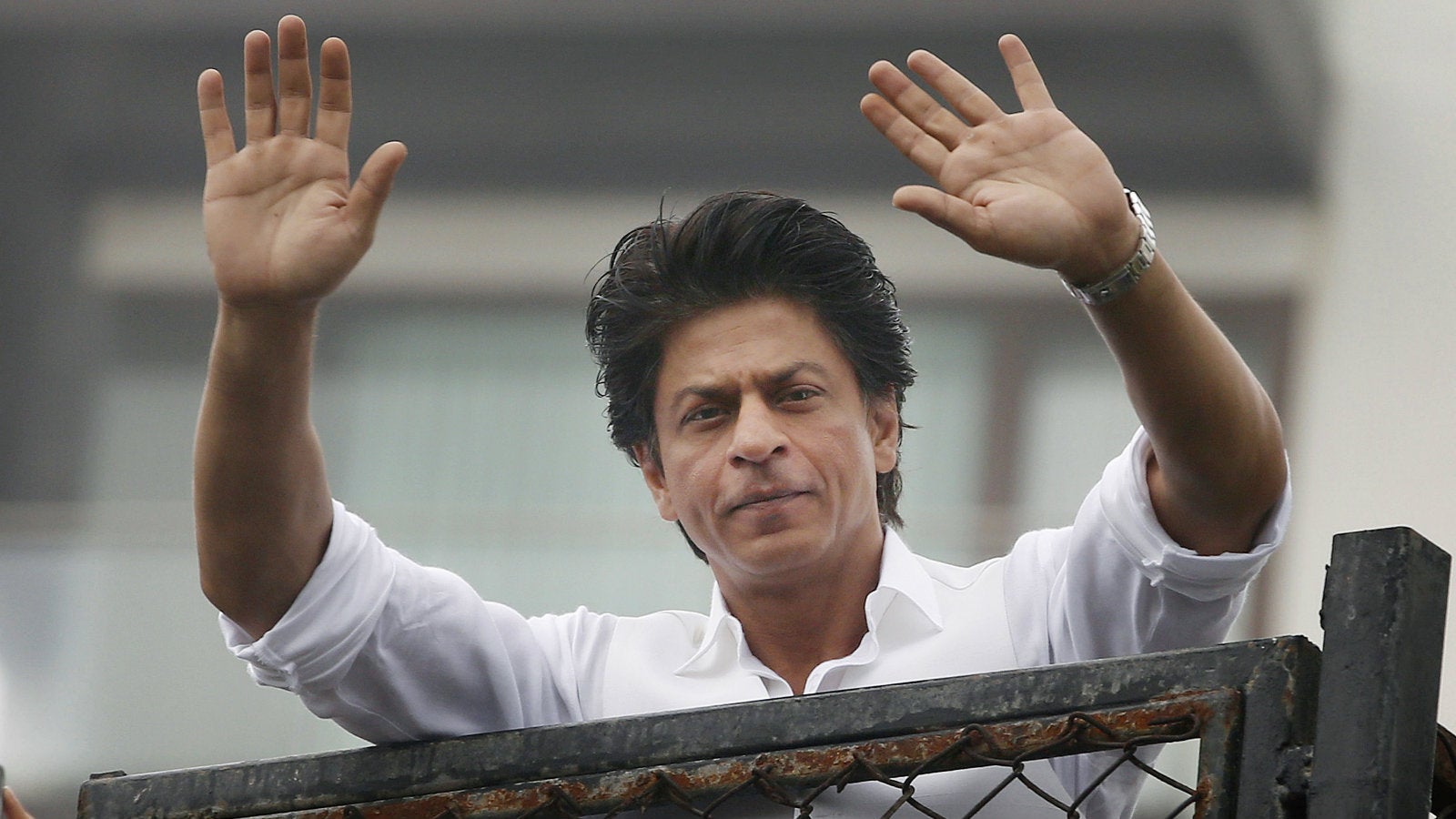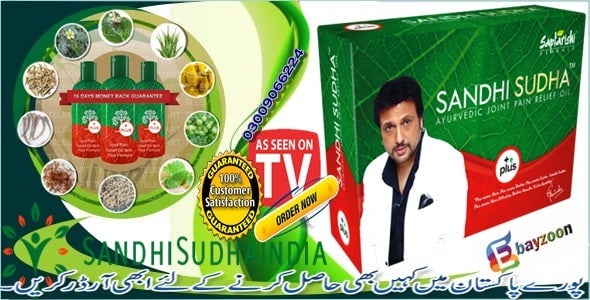From instant weight loss to magic sex potions, Indian celebrities are making some dubious promises on television
In 2015, India temporarily lost a beloved comfort food as Nestle’s Maggi instant noodles disappeared from shelves following claims of higher-than-permissible levels of lead and monosodium glutamate. But apart from raising concerns over general safety standards, the affair also brought to light the legal and professional liabilities of celebrity brand ambassadors.


In 2015, India temporarily lost a beloved comfort food as Nestle’s Maggi instant noodles disappeared from shelves following claims of higher-than-permissible levels of lead and monosodium glutamate. But apart from raising concerns over general safety standards, the affair also brought to light the legal and professional liabilities of celebrity brand ambassadors.
Hindi film stars Amitabh Bachchan and Madhuri Dixit were blamed for endorsing Nestle’s claims that noodles were healthy and safe. The Maggi row has now blown over, but there is more bad news in store for celebrities who pick up fat pay cheques in return for singing the praises of consumer products and services.
A report by the Parliamentary Committee on Food, Consumer Affairs and Public Distribution has prompted the Ministries of Consumer Affairs and Law to approve changes in the Consumer Protection Act that will provide for a jail term of up to five years, and a penalty of Rs 50 lakh, for false and misleading ads.
The stringent move might encourage celebrities to be more careful about what they lend their name and fame to. They might avoid commercials in which they make promises that the products cannot keep, and leave the task to anonymous models who do not bear the burden of authority.
Here are some examples of questionable endorsements in the recent past:
Fair and Handsome
Our obsession with equating white skin with beauty, virtue and success in India has nurtured a highly lucrative fairness cream industry. The actresses Asin and Pooja Hegde have previously appeared in Tamil commercials for Emami’s Fair and Handsome cream but it was Shah Rukh Khan’s endorsement that boosted the product’s popularity—and landed Khan in hot soup. Protesters called out Khan, chiding him for promoting sales of a casteist and racist product.
Kellogg’s Special K
In the advertisement for the cereal, an already slim and toned Deepika Padukone embarks on the journey of losing weight in two weeks to look thin for a wedding. She makes her fans believe that eating two bowls of Kellogg’s Special K cornflakes will work for them too since it has worked for her. In April last year, the Advertising Standards Council of India (ASCI), a watchdog for the advertising industry, upheld consumer complaints against the commercial as “misleading” because of its omission of the specific conditions of the diet plan.
Hanuman Chalisa Yantra
When television stars Ronit Roy and Shivaji Satam (aka ACP Pradyuman from CID) appear on your television screens endorsing a Hanuman-shaped locket that will solve your troubles, it is time to worry. Relying on the logic of a higher power, the commercial has people on the screen talking about how the spiritual power of the locket has saved their lives, healed their bodies, and solved all their problems. It’s almost like…magic. A petition was filed by a Maharashtra resident against airing these misleading advertisements on TV channels.
Power Prash
A product claiming to improve bedroom behaviour hit the streets in 2012. Power Prash, a play on the word chyawanprash, is an Ayurvedic concoction that claims to build immunity and improve sexual performance (both are surely linked). Actress Kashmira Shah lent her star power to the product, but commercials and print advertisements were halted after the Maharashtra government served notices to newspapers and TV channels.
Sandhi Sudha oil
The Food and Drug administration filed 67 complaints against the advertisements of this product being endorsed by actor Govinda. The advertisements for the product, which claimed to wipe out all aches and pains, were eventually withdrawn.

This post first appeared on Scroll.in. We welcome your comments at [email protected].